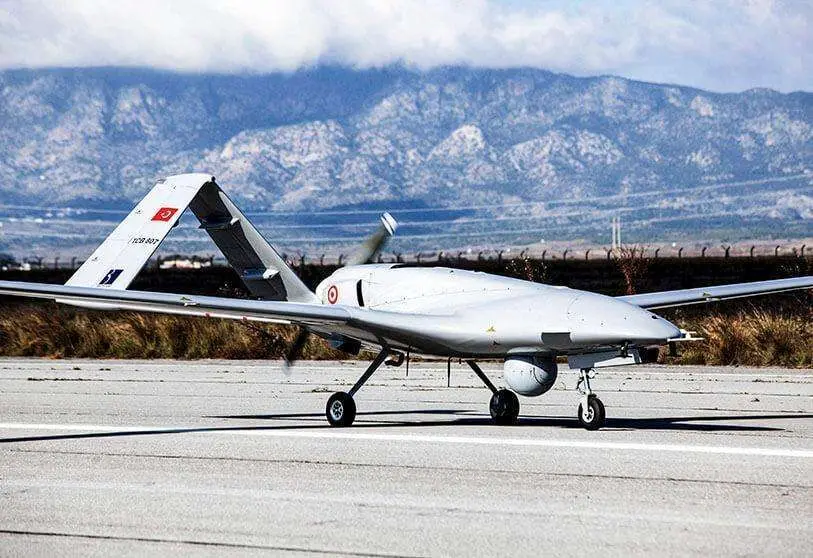Turkish drone presence in Ukraine strains relations between Moscow and Ankara

The latest news about the use of Turkish drones against Russian forces has raised alarms about the good relationship between Turkish President Recep Tayyip Erdogan and his Russian counterpart Vladimir Putin.
According to some experts, the Turkish president's decision will further isolate the country, and will not bring it sufficiently close to the United States. Over the past year, Erdogan has tried to maintain a good relationship with US President Joe Biden after the end of Donald Trump's administration. However, he has failed to make much headway in this regard, as Biden continued the policies of his predecessor.

Despite these positions, the Turkish president insists on maintaining a good relationship with Russia. At the beginning of the war, Erdogan expressed his desire to play a mediating role between Kiev and Moscow. But Kiev's revelation that Ukraine had obtained arms from Turkey complicated the situation.
Last week Erdogan condemned the Russian invasion, stressing that "as a NATO member" they did not want "a war between Russia and Ukraine". Furthermore, the Turkish president called for "a peaceful solution" to the conflict. At the same press conference, he reiterated his offer to mediate, stressing that "bringing the two leaders together in" Turkey could "open the way for the return of peace".
Turkey's role in the Ukrainian war may cause ties between Ankara and Moscow to deteriorate. As happened in 2015 when a Turkish drone shot down a Russian fighter jet on the Syrian border. At that time, the Russian government took the decision to tighten economic sanctions on Turkey, which did not cease until Erdogan issued a public letter of apology to the Russian president.

According to US and European analysts, Turkish drones are proving to be a key factor in slowing the advance of Russian troops. The Ukrainian defence ministry posted a series of videos on social media showing the use of Bayraktar drones from the Baykar company.
These drones are cheap, powerful and capable of inflicting heavy damage on the enemy. The videos, released by the Ministry of Defence, showed how the Bayraktars managed to shoot down numerous Russian surface-to-air missiles.
In a statement by Haluk Bayraktar, CEO of the Baykar company, he said that "Turkey was the only country that agreed to sell this technology to Ukraine". He further stressed that 'countries such as the US, China and Israel refused to sell armed UAVs to Ukraine'.
According to European analysts, Ukraine is estimated to have twenty such drones in operation. In addition, Bloomberg reported in December 2021 that the Ukrainian government had placed an order for two dozen more.
Prior to the war in Ukraine, these drones had already been used in Syria, Libya, Azerbaijan and Iraq. Following these attacks, many countries became interested in them, including Turkmenistan, Morocco, Qatar, Kyrgyzstan, Saudi Arabia and Ukraine. Although the sales of these drones are carried out by a private company, they are an important part of the Turkish government's foreign policy.
Such weapons had been used in conflicts where Turkey had a military advantage. They have never been used by countries with a lesser defence system than the enemy. Ukraine is proving that the Bayraktar can also take on large militias like the Russians.








